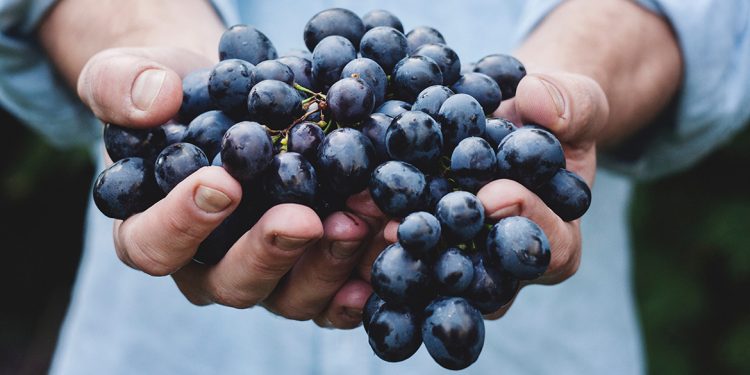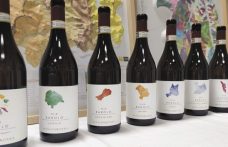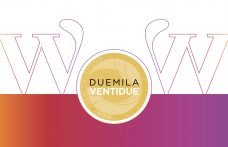
What exactly is vegan wine?

The truth, please, about vegan wine. In the past few years, the vegan lifestyle has been catching on in Italy and the number of people who have chosen to eliminate animal products from their diet (for ethical, religious or even medical reasons) is steadily rising. It was just a small step from nutritionist theories to winemaking practice and vegan wines can be considered a consumer trend today, though linked to a niche target. According to the 2014 EURISPES Report, there are about 400 thousand vegans in Italy, 0.6% of the population. Then there are the vegetarians, who don’t eat meat or fish as it means killing animals, but allow milk, eggs and other animal derivatives not connected to hunting, fishing or slaughtering in their diets. Here the number becomes more significant: 3.8 million people, 6.5% of citizens.
Only plant or mineral clarifiers
What exactly is vegan wine? Which wineries make it in our country? Let’s start from the definition. For a wine to call itself vegan, it must not use any animal-derived compounds during either the transformation process of the grapes in the cellar or the bottling and packing stages. Traditional vinification uses chemical clarification, done with so-called technological adjuvants. These substances are conventionally added to wine to help settle the solids in suspension, so as to clarify and stabilise the liquid by eliminating deposits. The most common clarifiers are all of biological origin: ovalbumin and lysozyme, two proteins found in eggs; caseinates, a protein family mainly present in milk; gelatine, obtained from the swim bladders of some varieties of fish or from bones and cartilage of cattle and pigs.
The indication on the label
In the past, dried cattle blood was often used, but now it has been outlawed. At the end of clarification, the adjuvants settle as flakes at the bottom of the container and can be easily removed. However, some particles may remain and be absorbed into the wine itself. Their presence seems to be marginal but since 2012, with the new EU regulation 579, wineries using ovalbumin, lysozyme and casein (but not gelatine from fish or bones) must indicate it on the label so as to protect those who are intolerant or allergic to these substances. However, a minimum level has been fixed: if residues (from analysis conforming to criteria of the Organisation Internationale de la Vigne et du Vin) are below 0.25 milligrams per litre, the indication is not necessary.
More transparency for vegan wine
Apart from protecting intolerant and allergic subjects, some wineries have also adopted clarifiers of plant or mineral origin to ensure maximum transparency for vegans. Production regulations also consider clarification with pure clay or kaolin, Spanish clay, bentonite, sol-silicate, charcoal and other substances. However, these substances are generally considered less effective than their animal-derived counterparts: some produce lower amounts of lees, others have a minor detannizing effect, others give the wine a slightly earthy taste and need further correction.
From Italian Wine Chronicle 3/2015. Read for free the magazine
See also ...




The battle continues with the new Chianti Gran Selezione
On 11th November, the Chianti Wine Consortium announced Read more
